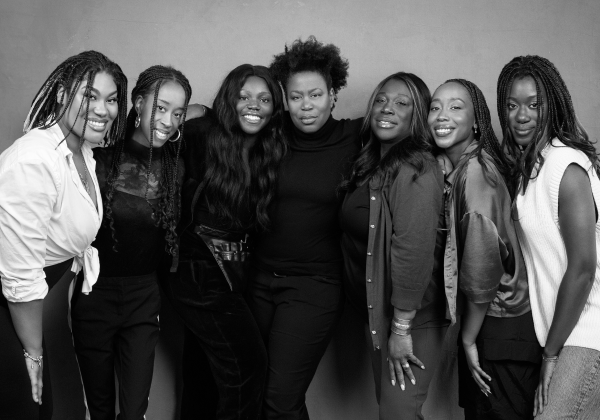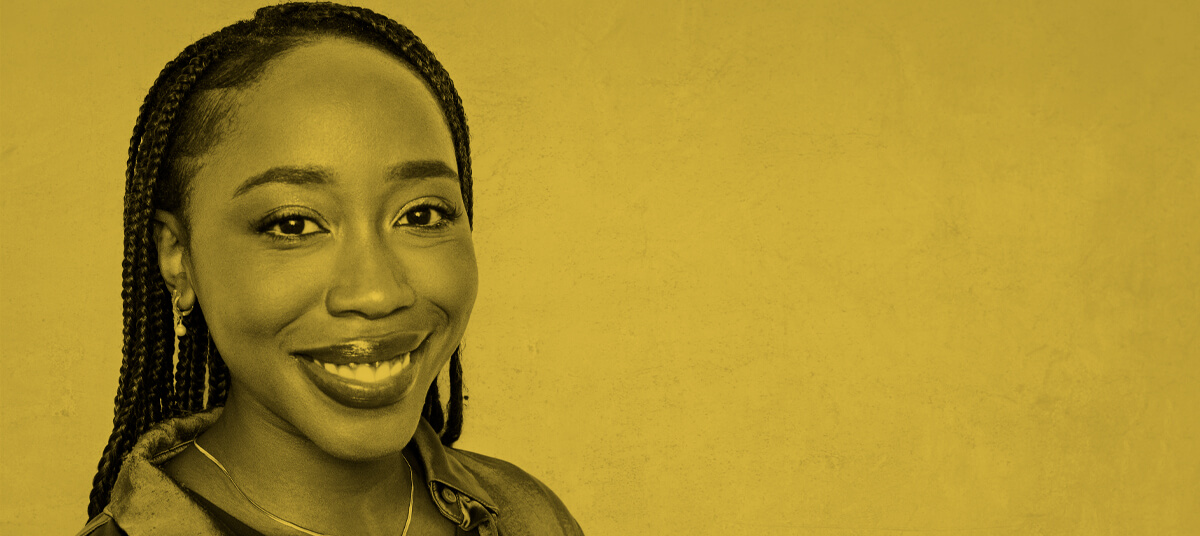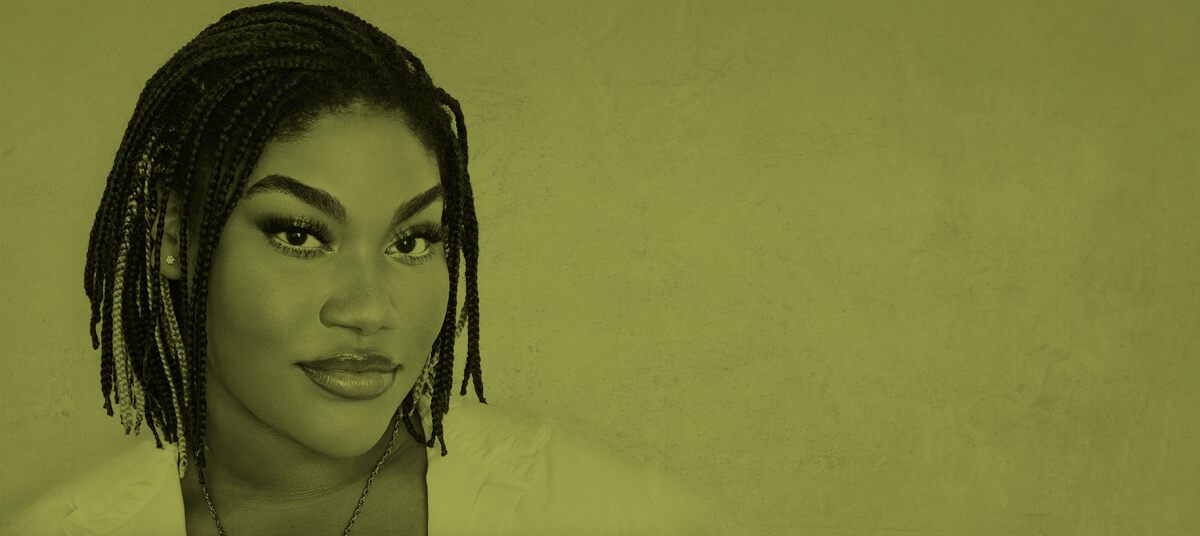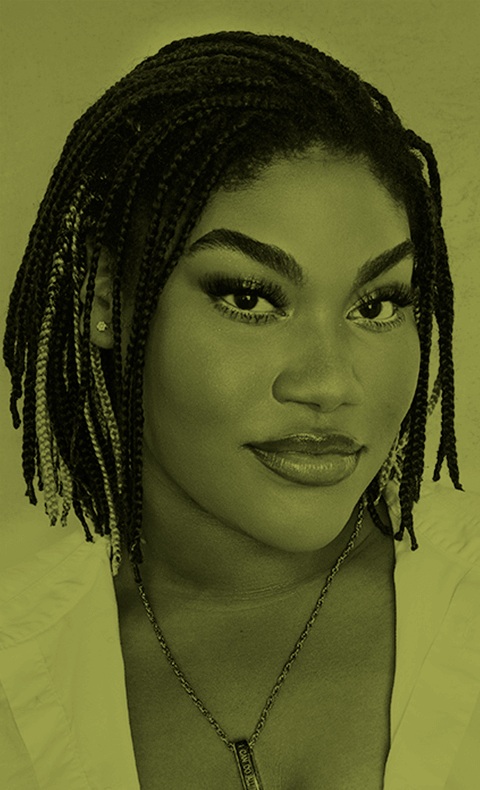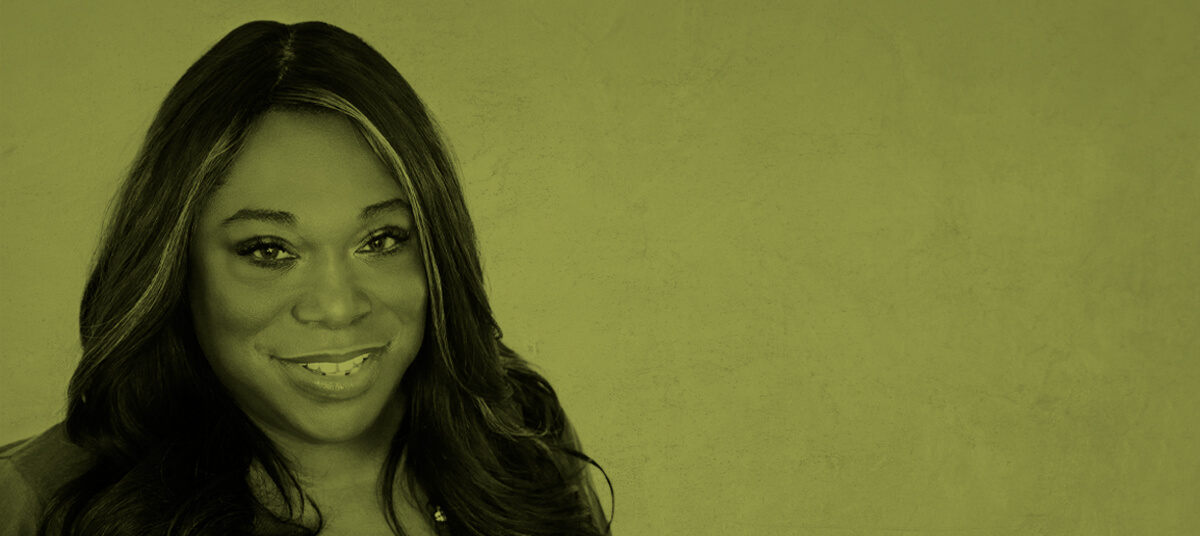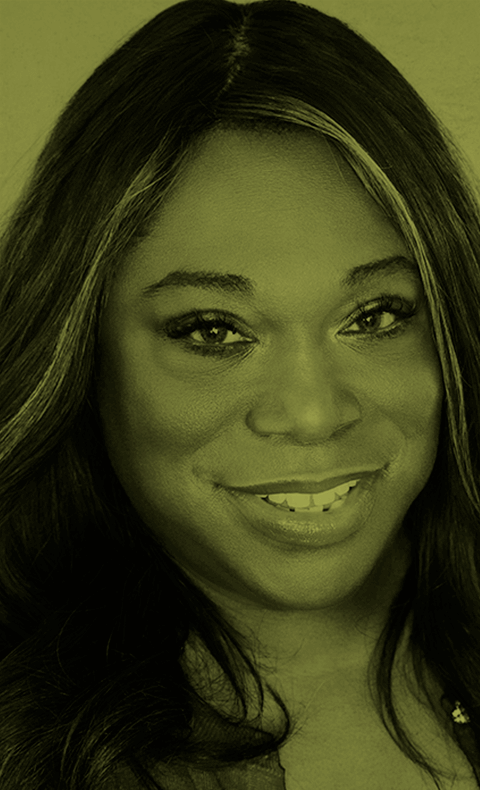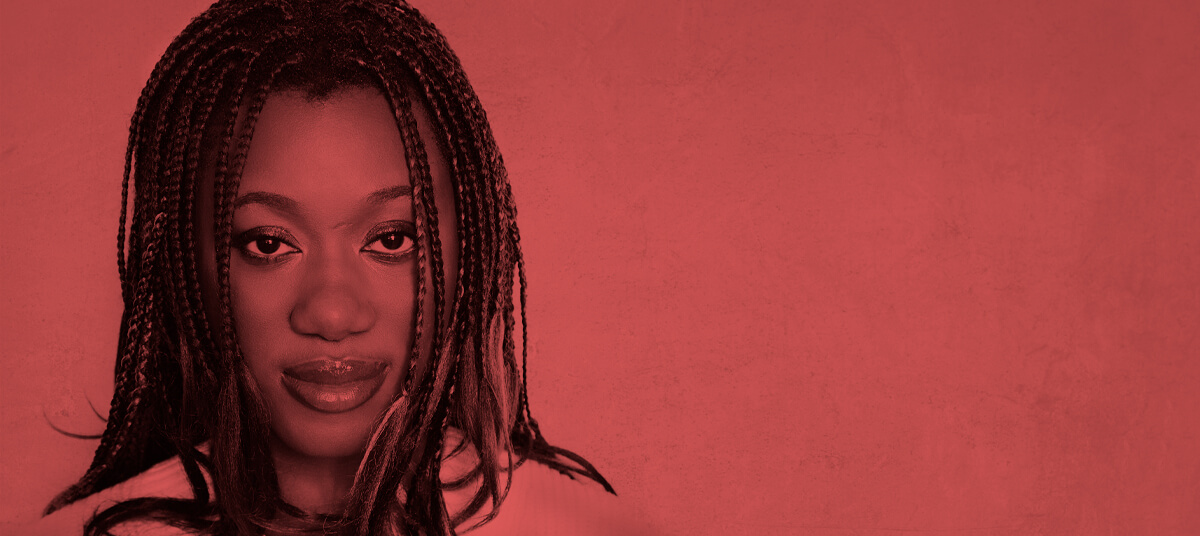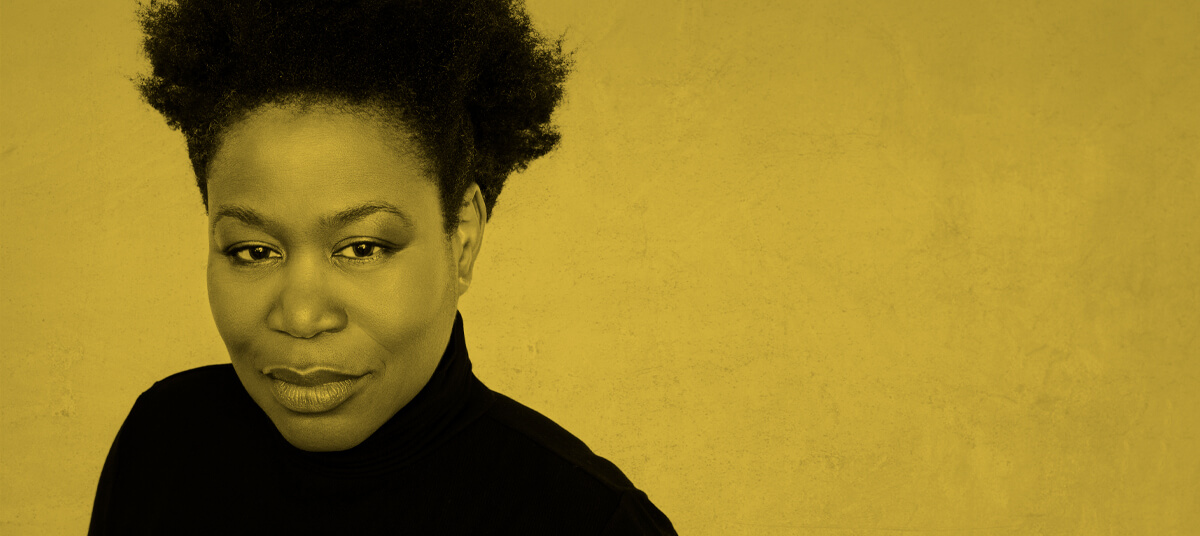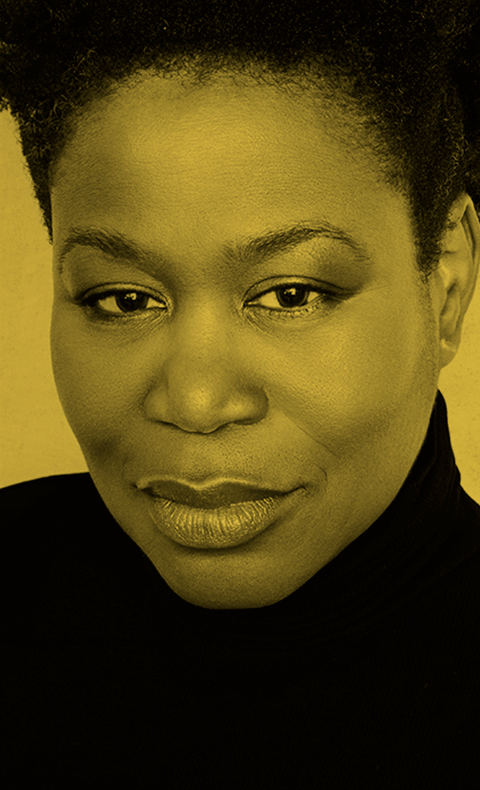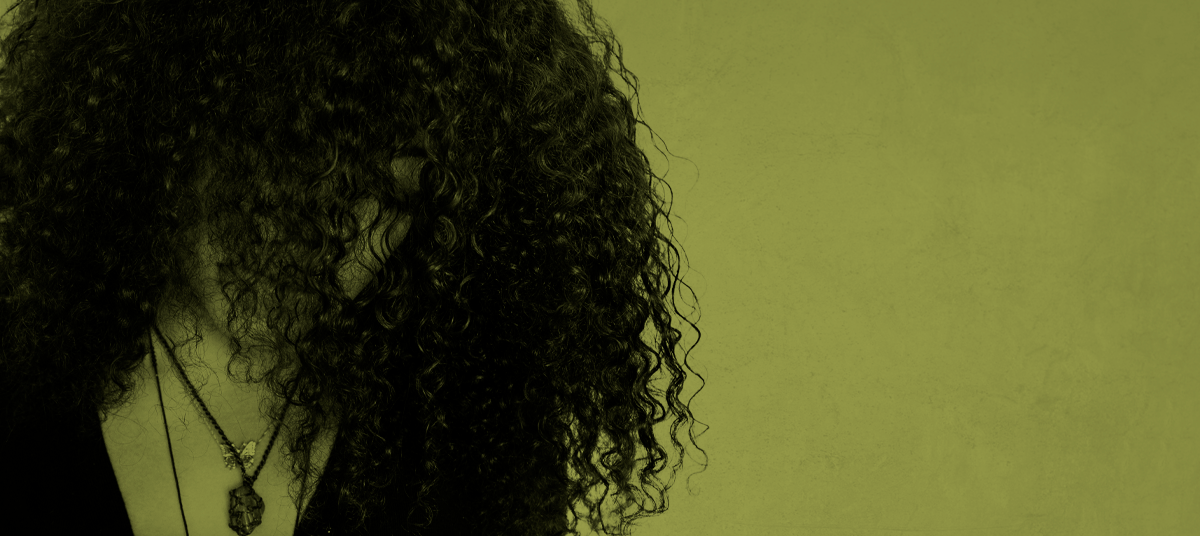Kéyla
"Don't look at me, I'll tell you who I am."

In 2021, Statistics Canada released a report that called to attention that amongst visual minorities, 42% of black women disclosed having experienced domestic violence, and intimate partner abuse. In addition to this, a lot of Black women often find themselves in paradoxical dilemmas while seeking help as it is often not as black and white, pun intended. Historically, the criminal justice system has not been a safe haven for many due to different factors. In an article highlighting some of these findings it stated that “the existence and intersection of: stereotypical and racist images of black women, colonial violence, poverty, immigration status, and systemic racism... many fear reporting experiences of intimate partner violence to the police due [to]violence and harm often done toward Black people and men. Furthermore, in instances where reports of abuse were made to police, the survivors were the ones charged with uttering threats, assault, or assault with a weapon and the perpetrator was not charged” (Gomes, 2023[1]). Instances such as these make it difficult for all women, and specifically black women to seek justice. I have seen it in both my personal and professional life. However, the pursuit of dignity and justice does not have to be a lonely road. I hope more Black women are able to find support and reclaim their power. As the ancient African proverb states: “it takes a village”.

To whom it may concern,
I hope that you find solace in the presence of your reflection
I hope your voice makes way through the noise
I hope your bruises heal
You are not alone
[1] Gomes, Candace. “Silenced and Stripped: Confronting the Racial Wealth Gap and Gender-Based Violence against Black Women in Canada.” CCFWE, 8 Mar. 2023.
Back to Stories
